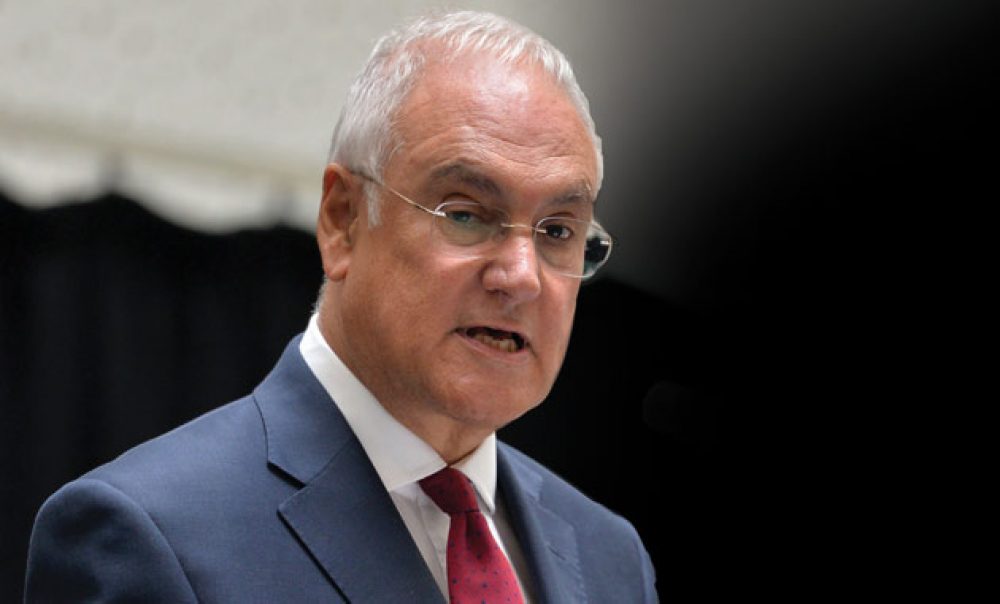Insufficient development of spelling, punctuation and grammar teaching is “slowing down” children when they get to secondary school, Sir Michael Wilshaw has warned.
In the first of a series of regular commentaries on areas of education policy, Ofsted’s chief inspector described the “tragedy” for young people and an “enormous waste of talent” caused by good work at primary school being “lost when pupils enter the secondary phase”.
Sir Michael said an “altogether more structured and systematic approach to learning grammar, spelling and punctuation” in primary schools meant children were “becoming more confident in tackling challenging writing tasks”.
He added: “As a consequence, the vast majority are ready for the transition to secondary school education. This is good for our children and it’s good for the country.”
But Ofsted’s report last year on provision for the most able pupils and a recent survey by the watchdog on the effectiveness of the curriculum at Key Stage 3 gave Sir Michael “great cause for concern about the transition from primary to secondary education”.
He said: “Both these surveys identified that pupils, who have achieved so much at primary school, are not supported well enough to build on that momentum when they enter secondary school.
“My inspectors tell me that much of the good, structured work done in primary schools on understanding and using correct grammar, both when writing and when speaking, is lost when pupils enter the secondary phase.”
He added that the rigour with which spelling, punctuation and grammar is being taught at primary stage was “often not developed sufficiently at secondary stage, especially in the foundation subjects like history and geography”.
He said this resulted in all children being “slowed down”, but was particularly damaging for the most able pupils from disadvantaged backgrounds who “disproportionately fail to fulfil their earlier potential when they come to sit their GCSE examinations”.
He added: “This is little short of a tragedy for the young people concerned and an enormous waste of talent for our country.”
Sir Michael said a “greater emphasis” on the structure of language was a “key factor” in improving performance levels at primary level, and although he accepted the focus on structure had started “some years ago” with national literacy and numeracy strategies, it had been “sharpened still further over the past five years”.
He said: “The emphasis on high-quality, effective synthetic phonics teaching from the early years onwards is an integral part of the teachers’ standards guidance published four years ago.
“Teachers have increasingly got to grips with the rules and the lexicon of phonics. Terms like blending and segmenting, phonemes and digraphs are firmly embedded in the classroom vocabulary.”
According to Sir Michael’s article, the commentaries are supposed to provide an opportunity for the Ofsted boss to expand on the comments he traditionally issues in connection with the watchdog’s annual report.
He said: “When preparing my annual report commentary each year, the most difficult challenge is always deciding what I have to leave out, such is the wealth of material I have to draw on.
“This is why I am keen to start commenting more regularly on different aspects of our education system, based on emerging inspection evidence, my own first-hand observations and the considered views of those working in the system.”







Your thoughts